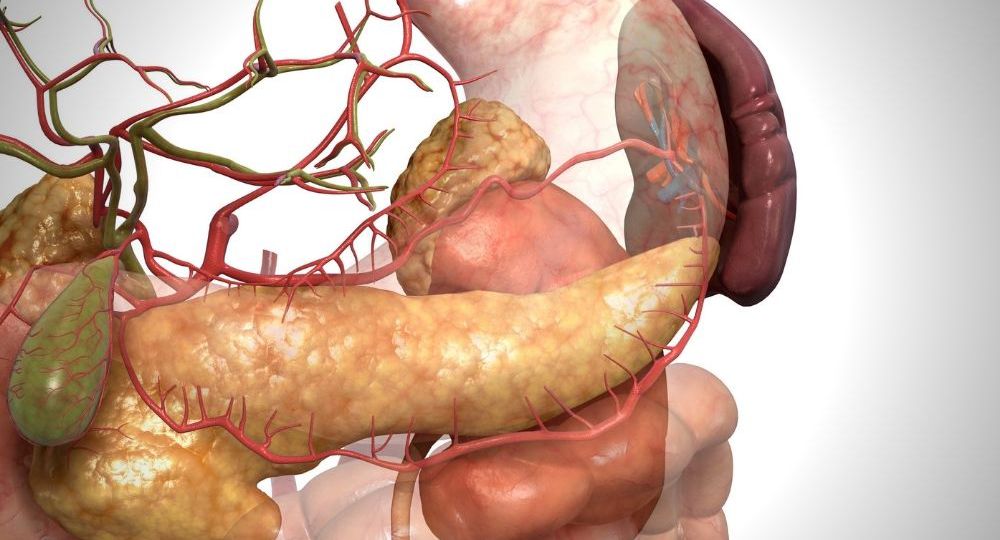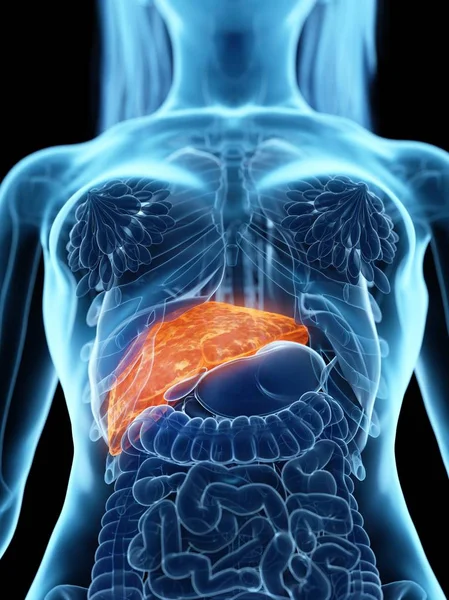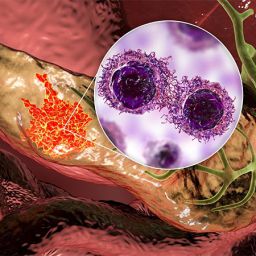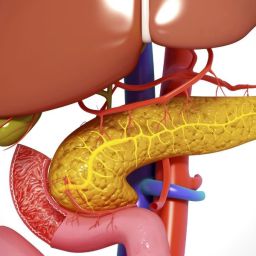
1. Understanding the Psychological Impact of Pancreatic Cancer
A diagnosis of pancreatic cancer can be overwhelming for patients, their families, and loved ones. The aggressive nature of the disease, the often late-stage diagnosis, and the challenging treatment options can take a significant toll on mental health. Understanding these psychological impacts is the first step in providing appropriate support.
1.1 Emotional and Psychological Challenges of Pancreatic Cancer
- Shock and Denial: The diagnosis of pancreatic cancer can leave patients in a state of disbelief. Given that symptoms often go unnoticed in the early stages, the diagnosis may come as a complete shock.
- Fear and Anxiety: The prognosis of pancreatic cancer is often poor, leading many patients to experience overwhelming fear, anxiety, and uncertainty about the future.
- Depression: Feelings of sadness, hopelessness, and despair are common as patients face the difficulties of treatment, possible side effects, and a sense of loss of control over their health.
- Isolation: Many pancreatic cancer patients may feel isolated due to the physical limitations of the disease or the difficulty others have in understanding what they are going through.
- Guilt: Some patients may experience guilt, especially if they feel that their condition is burdening their family members or if they are unable to participate in normal activities.
1.2 Impact on Families and Caregivers
The emotional burden of pancreatic cancer extends beyond the patient to their family and caregivers. Family members may feel helpless, anxious, and stressed as they navigate the complexities of their loved one’s illness. Caregivers also often face physical and emotional exhaustion as they assist with treatment and daily care needs.
2. The Importance of Psychological Support During Treatment
Psychological support is crucial in helping pancreatic cancer patients cope with the challenges they face. Emotional well-being is closely linked to physical health, and addressing mental health concerns can positively influence outcomes during treatment.
2.1 Improved Quality of Life

Psychological support helps patients manage their emotional and mental health, improving their overall quality of life during treatment. When mental health is prioritized, patients report feeling more in control, better able to cope with the physical aspects of their illness, and more hopeful about their journey.
- Stress Reduction: Supportive counseling, therapy, and relaxation techniques can help reduce stress, anxiety, and depression, allowing patients to focus on their treatment and recovery.
- Pain Management: Psychological support is also beneficial for patients dealing with pain. Cognitive-behavioral therapy (CBT) and mindfulness techniques can help patients manage chronic pain by addressing the emotional components of pain perception.
2.2 Better Treatment Adherence
Patients who receive psychological support are often more likely to adhere to treatment plans. Fear, anxiety, and depression can lead to poor compliance with medical treatments, as patients may feel overwhelmed or unable to continue with their prescribed regimen. Counseling and emotional support can reinforce the importance of treatment adherence and motivate patients to stay committed to their care.
2.3 Enhanced Coping Skills
A strong support system helps patients build resilience and coping mechanisms. Psychological support can teach patients effective strategies for dealing with the emotional and psychological toll of cancer. Patients are better equipped to handle the ups and downs of treatment when they have the tools to manage their mental health.
2.4 Reducing Anxiety and Fear of Recurrence
One of the major concerns for pancreatic cancer patients is the fear of recurrence after treatment. Psychological support helps address these fears by providing tools to manage uncertainty and building a sense of hope and control. Regular counseling or therapy can help patients process their emotions and develop a healthier outlook on their recovery.
3. Approaches to Psychological Support in Pancreatic Cancer Treatment
Various methods of psychological support can help patients cope with the mental and emotional challenges of pancreatic cancer treatment. These approaches are designed to complement medical treatments, address emotional distress, and improve the overall well-being of patients.
3.1 Individual Counseling and Therapy

- Cognitive Behavioral Therapy (CBT): CBT is a widely used form of psychotherapy that helps patients identify and change negative thought patterns. For pancreatic cancer patients, CBT can help address anxiety, depression, and fear of cancer progression, enabling them to reframe their emotional responses.
- Psychodynamic Therapy: This type of therapy focuses on understanding the unconscious emotional forces and past experiences that may affect the patient’s mental health. It can help individuals address deep-rooted emotional challenges related to their cancer diagnosis.
- Existential Therapy: For patients struggling with questions about life, death, and meaning, existential therapy helps them confront their fears and find purpose, even in the face of terminal illness.
3.2 Support Groups
- Peer Support: Joining a cancer support group allows patients to connect with others who are going through similar experiences. Sharing stories, concerns, and coping strategies with peers can reduce feelings of isolation and offer comfort. Support groups also provide a sense of community, fostering social connections that can help reduce loneliness.
- Family Support Groups: In addition to patient support groups, family members can also benefit from joining support groups. These groups offer guidance and shared experiences for caregivers and loved ones, helping them understand their role and cope with their emotions during this challenging time.
3.3 Mindfulness and Relaxation Techniques
Mindfulness-based therapies, including mindfulness meditation, yoga, and deep breathing exercises, have been shown to reduce stress, anxiety, and depression in cancer patients. These practices focus on being present in the moment, which helps patients avoid becoming overwhelmed by worries about the future or past regrets.
- Mindfulness Meditation: This practice involves focusing on the breath and being aware of thoughts and feelings without judgment. Regular practice can improve emotional regulation and reduce stress.
- Progressive Muscle Relaxation (PMR): PMR helps patients relax their muscles and reduce tension, which can alleviate both physical and emotional stress.
3.4 Art and Music Therapy
Art and music therapy provide patients with creative outlets for self-expression. These therapies can help patients process their emotions, reduce anxiety, and find comfort in their artistic expressions. Art therapy involves using visual arts, such as painting or drawing, while music therapy may involve listening to or creating music. These therapies can be particularly helpful for patients who have difficulty verbalizing their feelings.
3.5 Spiritual and Pastoral Care
For many patients, their spiritual beliefs are an important part of their coping strategy. Spiritual care, such as connecting with a chaplain or counselor, can help patients find meaning, peace, and comfort during their treatment journey. This may include prayer, meditation, or exploring existential questions related to life and death.
3.6 Psychiatric Support
For some patients, more intensive psychiatric support may be necessary to address severe symptoms of depression, anxiety, or post-traumatic stress disorder (PTSD). Psychiatrists can prescribe medications, such as antidepressants or anti-anxiety medications, to help manage these conditions in conjunction with therapy.
4. The Role of Caregivers and Family in Psychological Support
Family members and caregivers play a critical role in providing psychological support to pancreatic cancer patients. However, they too need emotional support as they navigate the complexities of caregiving.
4.1 Caregiver Burnout
Caregivers often experience burnout due to the physical and emotional demands of caring for a loved one with cancer. Support for caregivers is just as important as support for patients, as caregivers who are emotionally supported are better able to assist their loved ones with treatment and day-to-day care.
4.2 Family Counseling
Family counseling can be beneficial for helping family members communicate openly, address conflict, and support each other throughout the cancer journey. It also allows family members to share the burden of caregiving and develop coping mechanisms.
Psychological support is an integral part of the treatment process for pancreatic cancer patients. The emotional challenges of facing a diagnosis of pancreatic cancer are profound, and addressing these challenges through counseling, support groups, relaxation techniques, and other therapeutic methods can greatly improve the patient’s overall well-being and quality of life. By providing comprehensive care that includes both physical and mental health support, healthcare providers can help patients navigate their treatment journey with greater resilience, peace of mind, and hope for the future.
The importance of psychological support cannot be overstated, as it not only helps patients cope with the emotional burdens of cancer but also improves their adherence to treatment and overall prognosis. As research and awareness of the psychological needs of cancer patients continue to grow, more tailored and accessible support systems will be developed, offering patients a more holistic approach to managing their illness.















